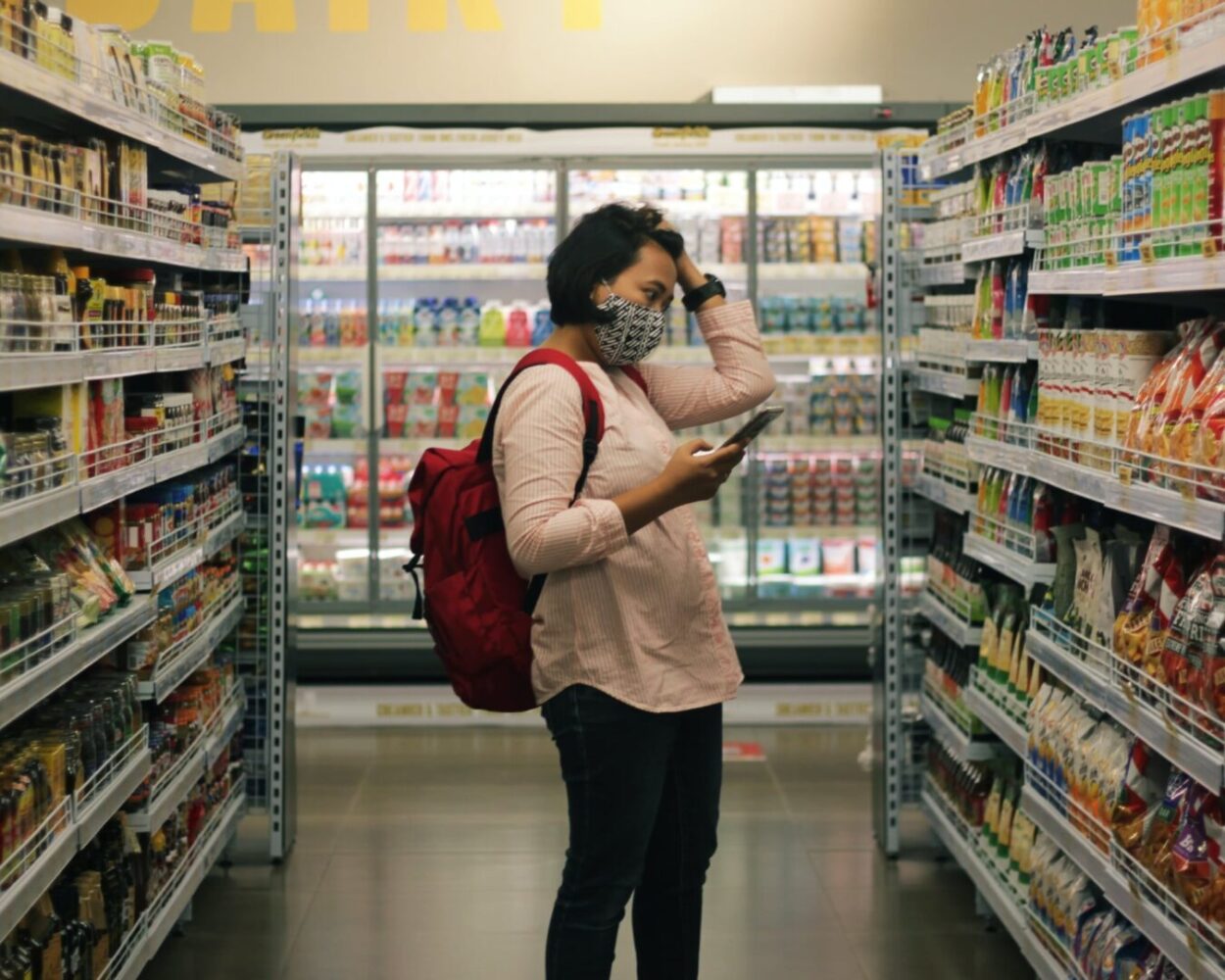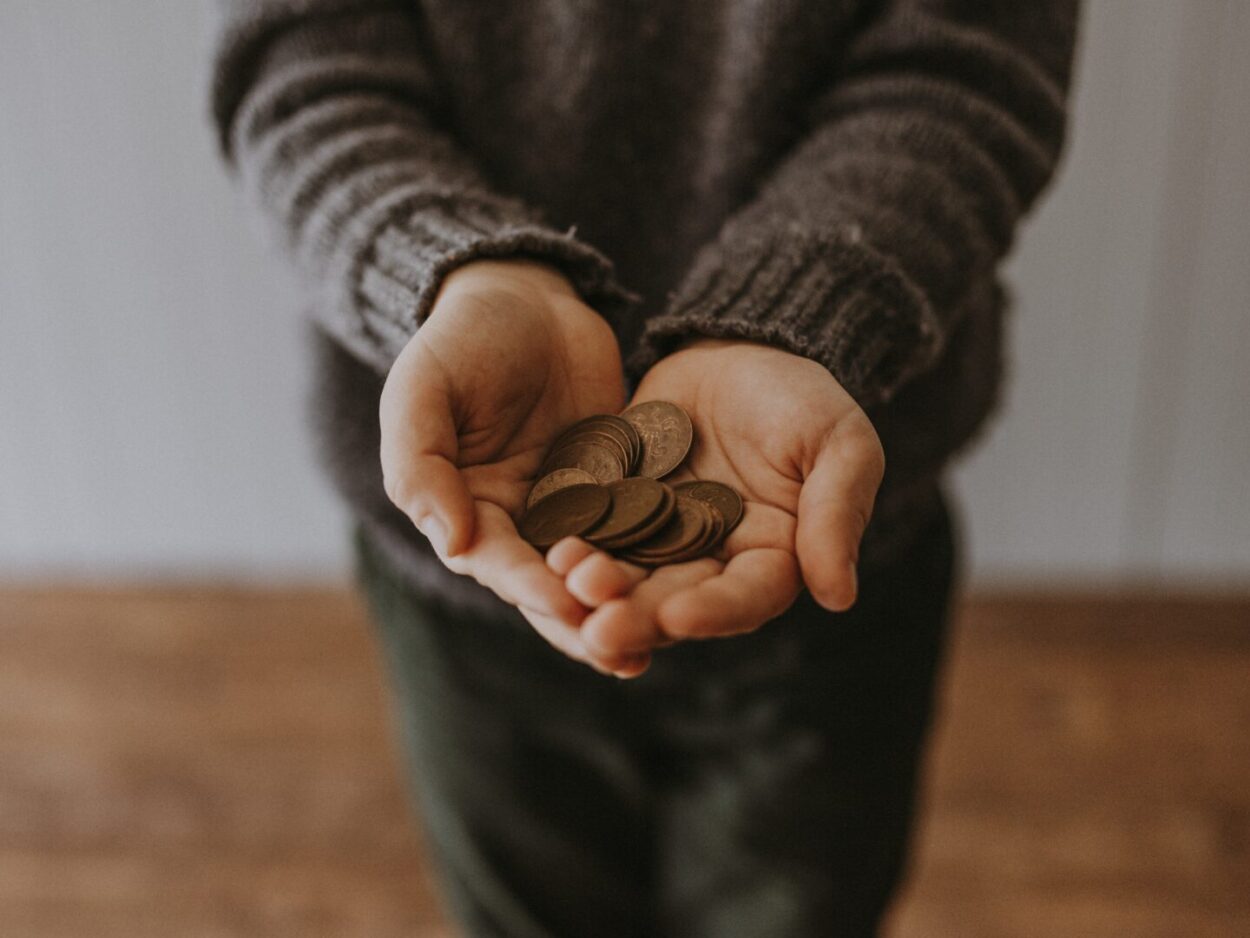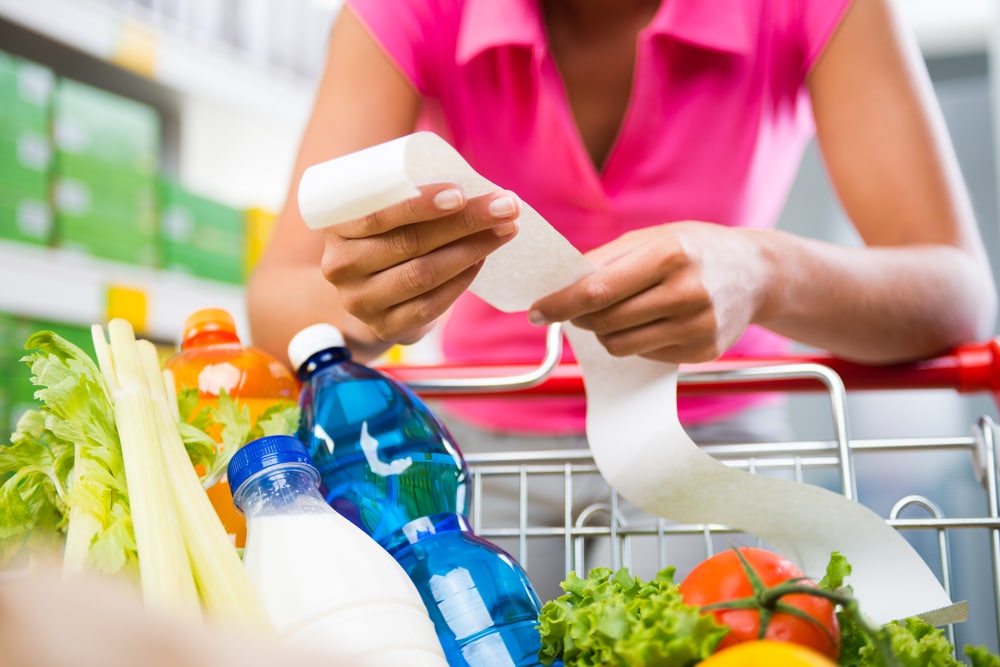Jasmine Birtles
Your money-making expert. Financial journalist, TV and radio personality.


The cost of living has noticibly sky rocketed recently and is only set to get worse.
The Consumer Prices Index (CPI) rose by 7% in the 12 months to March 2022, up from 6.2% in February. This is the highest CPI 12-month inflation rate in the National Statistics series, which began in January 1997. Soaring energy and fuel prices were the main drivers of the rise in March.

MoneyMagpie’s Jasmine Birtles: “Sadly this is no surprise to me. I have been warning of lasting inflation since last year, even when the Bank of England said it would be temporary and that prices would start to go down after the Spring. I knew they wouldn’t
“The hard fact is that we are going to have inflation for the next couple of years at least and it’s going to be worse than 7% for some of that time. We have more energy rises in October and food prices are set to soar in the summer.
“At the moment we have inflation due to supply-chain issues but all the extra money that was printed in the last two years is still in the system and the inflation due to that is still to make an appearance. We’re facing a similar situation to that of the 1970s and it was very, very high interest rates that sorted things out then. We are going to have to see much higher interest rates now in order to bring prices down in the next year or so.
“And actually, although 7% is a high figure it’s still nowhere near the real inflation rate which is clearly into double figures. From Uk citizens’ lived experience I would say it’s closer to 15%-20% now, if you take into account petrol, energy and commodity price increases.”
Jasmine comments further on this in here blog here.
Myron Jobson, Senior Personal Finance Analyst, interactive investor, says: “Inflation soared to its highest level since records began last month, laying bare the once in a generation type cost of living squeeze which has left many households at the brink of financial breaking point.
“Low-income households face a daily battle to stay financially afloat with inflation set to soar to new heights in the coming months.
“Soaring energy and fuel prices were the main drivers of the rise in inflation in March, but we are paying more for everything – from the food we put on our table to the amount we pay to keep a roof over our heads.
“Supply shortages and production bottlenecks owing to the pandemic have forced firms to raise their prices of late. Russia’s devastating invasion of Ukraine has made the outlook for inflation worse. The Bank of England predicts that inflation could reach double figures by the end of the year because of the shock from energy and commodity prices which have hit the UK following the conflict.

“Oil prices have soared since the war, resulting in higher petrol and diesel prices at UK forecourts. The price of other commodities including wheat and corn, have also surged, considering Russia and Ukraine’s dominance as a global food supplier.
“The surge in absences caused by Covid risks squeezing supply chains even more and, in turn, place upwards pressure on inflation.
“The impact of inflation is unique to every individual because spending habits vary greatly from person to person – meaning someone’s personal inflation rate might end up being lower, or higher, than the overall index. As such, it is worth keeping tabs on your spending habits to get a better idea of the goods and services that are eating most into your budget, and where you could cut back.
“Prices have surge at a time when wage growth is struggling to keep pace, meaning people have less money to spend and leaves many households in a financially precarious position.
“The new era of higher inflation has only just begun and the worse is yet to come it seems, with the We all should strap in for a period of heightened inflation that is expected to last until 2024 according to official estimates.”
Aside from our daily updates here on MoneyMagpie. Where we offer constant ideas and ways to keep your budget down, make money and manage what you do have. Myron Jobson has outlined some potential steps to mitigate the worst of the impact from the rising cost in living.
“Instead of making swingeing cuts to a couple of areas of expenditure, making smaller cuts across a broader range of spending can be a more palatable way of cutting costs. For example, you don’t have to completely forgo your daily coffee purchase, but you can cut back on how often you buy them.” View our full suggestions to help you save money here.

“Shop around for the best deals – especially for high ticket items. Even simple things such as opting to purchase a store brand equivalent of traditional larder products can help to cut down the cost of groceries. If you’re anything like me and find it impossible to distinguish between store brand and premium brand rice, opting for the cheaper version can help save on cost, without compromising on flavour.
“Consider buying items in bulk so you are not constantly spending as prices continue to climb. It is also worth taking advantage of supermarket loyalty schemes – such as Tesco Clubcard and Nectar card – which can give you access to unlock big discounts and other exclusive rewards.”
Check out our frugal food shopping hacks here.
“Ballooning inflation underpinned by increases in the cost of energy, food and fuel has resulted in the biggest decline in living standards since the 1950s. For those trying to catch up on savings, high inflation is a blocker, because rising prices leave less to spend on other things.
“Those who became accidental savers during pandemic, by keeping jobs while facing fewer outgoings during the Covid lockdown, may need to use some of the cash to tide them over during the cost-of-living crisis.
“Savers considering locking their cash into a fixed rate fixed term deal for a better rate of interest should consider whether they’d need to access some of that cash if the cost of living continues to grow. While the high rate of inflation means that most people’s savings are effectively losing value, it still pays to shop around for the best deal.”

“If you don’t use a budget to manage your spending, it’s difficult to know where you stand. Everyone has their own inflation number – it’s worth keeping a spreadsheet of your own spending habits so you can get a better idea of the goods and services that are eating most into your budget, and where you could cut back. If you don’t have a budget, now is a good time to start one.” We take a closer look at budget planning here.

some great advise.